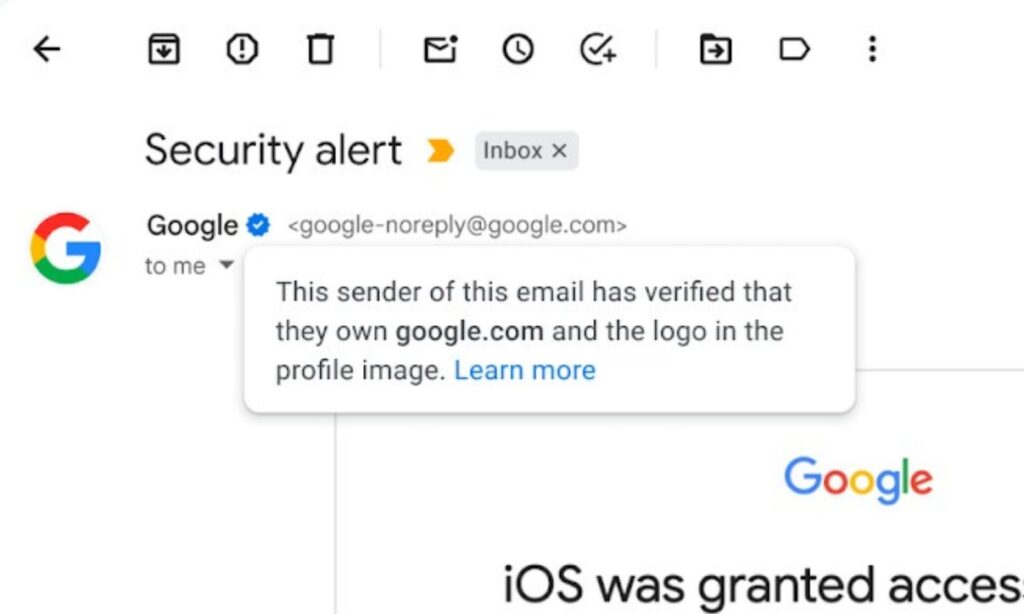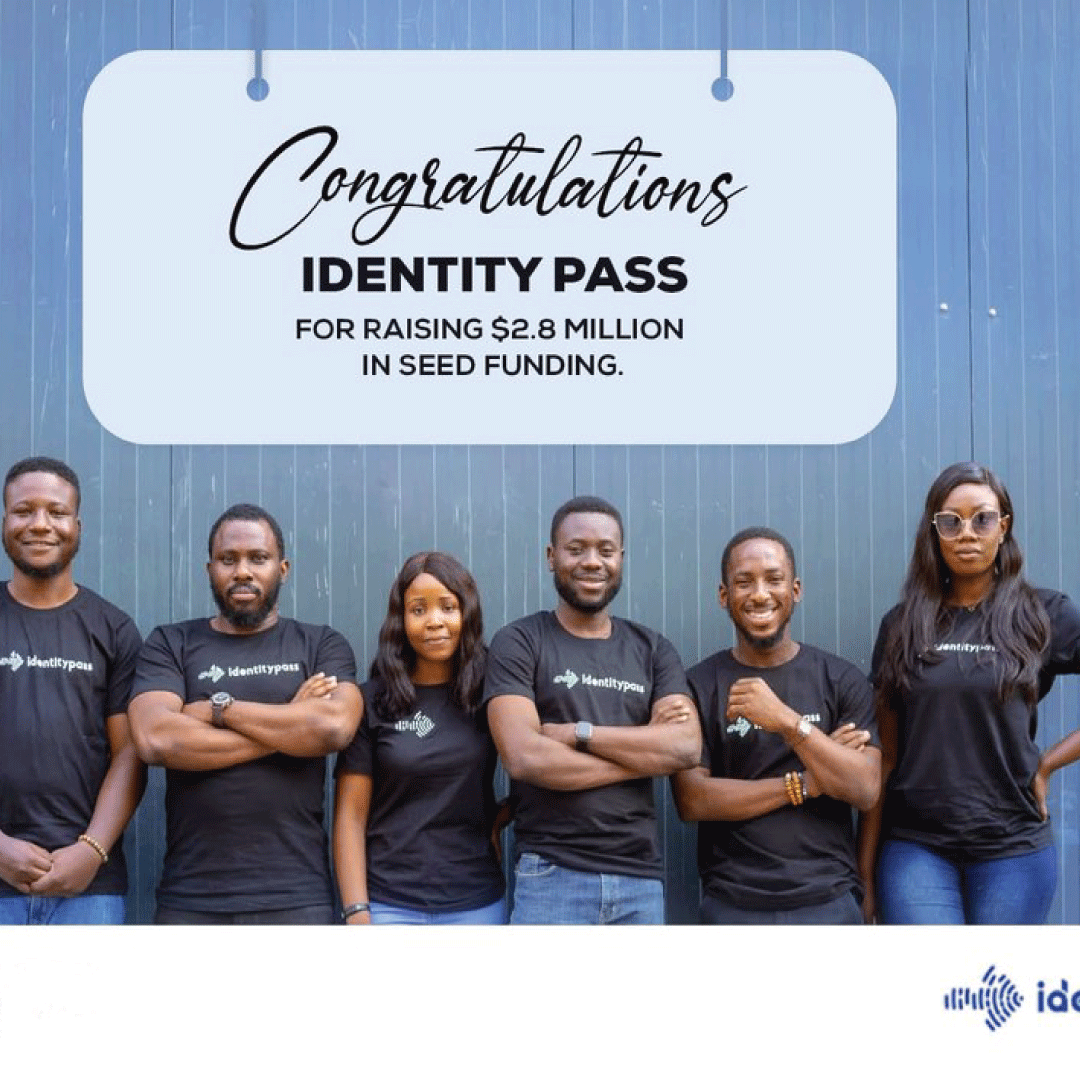Gmail users can now access a more trustworthy and secure email platform as a result of a new verification process that has a blue checkmark.
This new functionality is designed to assist users in recognising real senders and thwarting phishing efforts carried out by impersonators.
This endeavour expands upon the Brand Indicators for Message Identification (BIMI) function that was initially introduced by Google in 2021.
Before an email sender’s brand logo can be used as an avatar, BIMI requires strong authentication to be used by the sender and verification of the brand logo. Users will now notice a blue checkmark indicator next to the names of senders who have included the BIMI feature in their workflow.
A message will appear when you hover over the blue checkmark, stating that the sender has validated the ownership of their domain and logo that is displayed in their profile photograph.
Google believes that by adding this additional layer of authentication, users’ trust in email sources will rise, which will result in a more trustworthy email ecosystem.
Read also: Google tightens Play Store fraud preventive measures
Qualifications for the Blue Tick
The blue checkmark verification process is offered to businesses and organisations that meet Google’s BIMI standard requirements.
This includes having a robust authentication as well as a verified logo that is up to snuff with Google’s standards. When they do so, businesses are able to harness the trust their customers have in their brands and deliver a more engaging experience for the people who receive their emails.
This brand-new capability has already started trickling out to individual Google accounts in addition to Workspace accounts. Users of Gmail should start seeing blue checkmarks next to verified senders in their inboxes over the course of the following weeks.
It’s important to keep in mind that Google wasn’t the first company to come up with the idea of verification checkmarks. Twitter and Instagram have also introduced such systems in order to cultivate a sense of trust and authenticity among their user bases.
The blue checkmark verification procedure in Gmail is intended to assist users in distinguishing between legitimate senders and phishing efforts of various kinds. Businesses have the ability to improve their reputation and produce a more secure environment for email communication by adopting BIMI and earning a blue checkmark from the initiative.
More on the Google Blue Tick
The presence of the blue checkmark on a Google search result is Google’s way of adding an additional layer of security for its users’ protection against con artists and fraudsters. It will give people more confidence in the communications that they receive, which is absolutely necessary in this day and age of digital communication.
It assists businesses in improving their discussions with people, so fostering trust and reducing the risk of scams. Because the message is coming from a reliable source, it provides an additional benefit to businesses and assists them in enhancing and increasing engagement.

